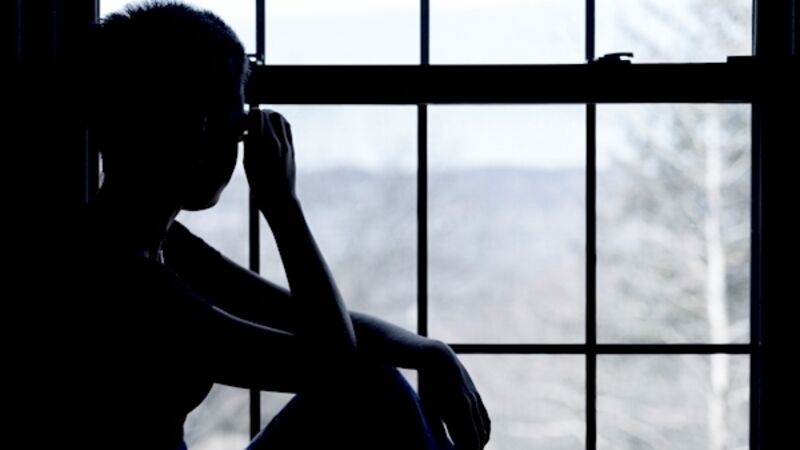Child cases of anorexia nervosa has doubled

The number of child cases of anorexia nervosa treated in Irish hospitals has doubled in the past five years.
The latest figures from the HSE show there were 58 discharges of children aged under 15 in 2014, but that number rose to 119 in 2018.












